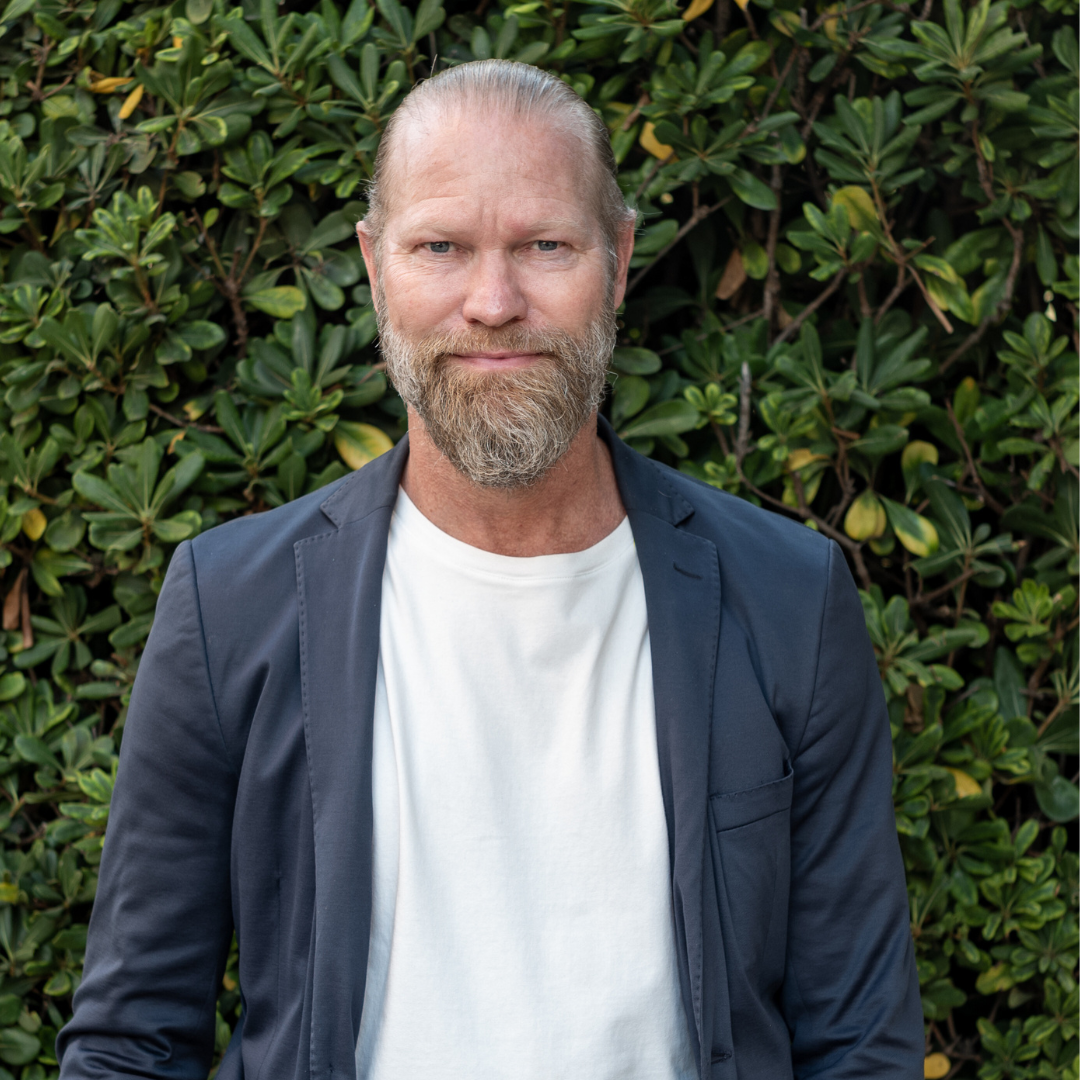GOOD READS FROM THE INDUSTRY

The Circularity Gap Report 2024
The 2024 report goes into more detail on what a shift towards more circularity would look like for high income countries and highlights the vision of circular manufacturing: the primary goal is to reduce unnecessary production and consumption while prioritizing overall well-being. The strategy involves a three-fold approach encompassing policy, economic, and labor-based initiatives: Promoting product design for durability, ease of use, repair, and recycling through universal Right to Repair laws and Extended Producer Responsibility.

Circular Economy as a Cornerstone for Meeting the Goals of the Paris Agreement
The article highlights the circular economy’s crucial role in meeting Paris Agreement targets, emphasizing its potential for greenhouse gas reduction. It suggests strategies like methodological support and financial collaboration to overcome challenges and outlines a seven-step roadmap for integrating circular economy principles into Nationally Determined Contributions.

Product-as-a-Service in the Circular Economy
This dynamic report champions a circular economy revolution through innovative service-based business models like Product-as-a-Service (PaaS), promising higher economic value. It uncovers nine key challenges and arms SMEs with practical tools, including a dynamic toolbox, to boldly embrace and thrive in the PaaS landscape.

A New Circular Vision for Electronics: Time for a Global Reboot
A vibrant collaboration among UN agencies, the World Economic Forum, and the World Business Council for Sustainable Development addresses the global challenge of electronic waste (e-waste) while highlighting its $62.5 billion material value and potential for sustainable job creation. Advocating for a production and consumption reboot, the report emphasizes collective societal rethinking, public awareness, stakeholder collaboration, and cross-border actions to drive systemic change in the electronics industry.

Future Proofing the Electronics Industry: The Case for Circular Business Models
The report urges a rethink of the electronics industry, citing its environmental impact under current linear models. It stresses the need for circular business approaches to address environmental concerns, emphasizing the urgency of transitioning to a circular economy to tackle industry-wide challenges.

Nordic Roadmap for Circular Financing
The Nordic Roadmap stresses the importance of circular financing for the circular economy to tackle climate and environmental crises. It outlines challenges in securing funding for circular business models and proposes a Nordic roadmap for circular finance, aiming for widespread adoption by 2030 through coordinated efforts and collaboration.
ORGANIZATIONS TO KEEP AN EYE ON
Enforced since January 5, 2023, the EU Commission on Corporate Sustainability Reporting Directive (CSRD) compels large and listed companies to disclose social and environmental impacts, aiding stakeholders in assessing sustainability. It expands reporting obligations and enhances transparency in corporate sustainability practices.
The GHG Protocol is a global initiative established by the World Resources Institute (WRI) and the World Business Council for Sustainable Development (WBCSD) to create standardized frameworks for measuring and managing greenhouse gas (GHG) emissions. It works with various stakeholders including governments, NGOs, businesses, and industry associations.
The Science Based Targets initiative (SBTi) drives private sector action on climate change by aligning companies with science-based emissions reduction targets to limit global warming to 1.5°C. With over 4,000 companies committed to SBTi targets, it fosters a thriving, net-zero economy.
Financial markets need clear, comprehensive information on climate change impacts, including risks and opportunities. Established by the Financial Stability Board in 2015, the Task Force on Climate-related Financial Disclosures (TCFD) aimed to improve reporting in this area.
Established in 2007, EcoVadis has expanded to become the foremost global provider of business sustainability ratings, fostering a network of over 125,000 rated companies worldwide.
The 2030 Agenda for Sustainable Development, adopted by all UN Member States, outlines 17 Sustainable Development Goals (SDGs) to address global challenges like poverty, inequality, and climate change. The Division for Sustainable Development Goals (DSDG) in the UN Department of Economic and Social Affairs supports SDG implementation through capacity-building, evaluation, and advocacy, stressing the need for broad stakeholder engagement to achieve these goals.
The United Nations Global Compact, launched in 2000, urges businesses and organizations to adopt sustainable and socially responsible policies. It’s the world’s largest corporate sustainability initiative, calling for alignment with ten universally accepted principles covering human rights, labor, environment, and anti-corruption.
NICE BOOKS TO READ

Cobalt Red: How the Blood of the Congo Powers Our Lives by Siddharth Kara
Kara’s book provides a deep dive into the cobalt industry in the southeastern Democratic Republic of the Congo, uncovering a network of intermediary agents facilitating exploitation in the cobalt supply chain, potentially leaving battery producers unaware of the abuses at the chain’s distant end.

The Magic of Technology: The Machine as a Transformation of Slavery by Alf Hornborg
How technology became a collector of wealth and booster of inequality and misery rather than saving the planet with new innovations. This book challenges traditional views on technology, arguing it perpetuates inequality and environmental burdens while reinforcing social power dynamics. Alf Hornborg advocates for a critical reassessment of technology’s role, prompting reflection on its impact on global trade and society.

Less is More: How Degrowth will Save the World by Jason Hickel
Describes the inevitable scenario we will have to face sooner or later. Backed by economist Kate Raworth, it challenges growth-centric notions and proposes a post-growth future. Author Jason Hickel argues that capitalism’s pursuit of expansion drives climate breakdown, advocating for degrowth as a solution. He envisions a post-capitalist economy rooted in justice and care, emphasizing that consuming less leads to achieving more.
WORTH FOLLOWING
The SASB Standards facilitate industry-specific disclosures on sustainability-related risks and opportunities impacting an organization’s cash flows, finance access, or capital costs in the short, medium, or long term. Developed through evidence-based research and inclusive participation, these standards are recognized globally as essential for consistent and comparable sustainability reporting by companies.
The Stockholm Resilience Centre is driven by a vision of a flourishing biosphere fostering well-being for all, alongside a mission to enhance scientific comprehension of human-nature interactions, educate future sustainability leaders, and foster collaborations with agents of change.
RISE is Sweden’s research institute and innovation collaborator, partnering internationally with businesses, academia, and the public sector to bolster competitiveness and sustainability. With approximately 3,300 employees, RISE facilitates diverse innovation endeavors and operates as an independent state research institute, offering specialized expertise and over 130 test and demonstration sites for cutting-edge technologies, products, and services.
EFRAG, established in 2001 at the encouragement of the European Commission, operates as a private association serving the public interest. In 2022, EFRAG expanded its mission to include providing Technical Advice to the European Commission in the form of draft EU Sustainability Reporting Standards, in addition to its existing role in influencing IFRS Standards development and providing endorsement advice.
The EU mandates large and listed companies to disclose information on social and environmental risks and opportunities, aiding stakeholders in assessing sustainability performance, aligning with the European Green Deal objectives.

About Stefan Nilsson:
Stefan Nilsson, currently the Chief Sustainability and Strategy Officer at Foxway Group, is a visionary leader and passionately champions a sustainable ethos in all aspects of living, societal engagement, and business practices. Before Xllnc Nordic rebranded to Foxway in 2020, Stefan’s journey towards sustainable leadership began while serving as Head of Strategy. Pioneering the introduction of the as-a-service concept to the market, he played a pivotal role in reshaping the company’s direction. Beyond corporate roles, he advocates for environmental stewardship as a board member of EUREFAS, representing the electronics refurbishment industry in Europe. Check out his keynote video here.
